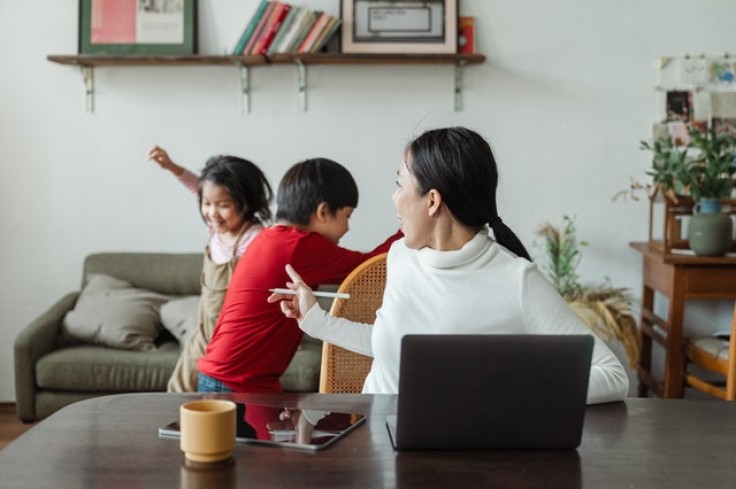
According to a survey of over 6,000 parents, stress, depression, and anxiety have increased since the government implemented national lockout restrictions.
A recent survey conducted by the University of Oxford said parents and caregivers are more stressed and depressed, with symptoms including trouble relaxing, being easily frustrated and irritated, feeling hopeless and fearful, losing joy, and being more irritable, over-reactive, and impatient. This will come as no surprise to those with children.
According to parents who took part in Oxford University's COVID-19 Supporting Parents, Adolescents, and Children in Epidemics (Co-SPACE) research, these feelings surfaced more frequently between November and December.
READ: 4 Ways to Manage Parental Stress for a Healthier Family Life
In the study sponsored by the Economic and Social Research Council, parents' stress, anxiety, and depression scores increased from April to June from an average of 9.03 to 9.71 on a scale. According to academics of Oxford University, this 'mirrors' parent records of elevated levels of stress and depression from April to July of last year, accompanied by lower levels of these feelings from July to September.
"These results build on others that indicated that parents were especially vulnerable to distress during lockdown 1," said Cathy Creswell, professor of clinical developmental psychology at the University of Oxford and co-lead of the Co-SPACE report.
Creswell added, "Our findings illustrate the specific pressures experienced by parents during a lockdown, as many feel overburdened by the demands of fulfilling their children's needs during the pandemic, as well as home-schooling and job obligations."
ALSO READ: More TV Time for Kids Means More Stress to Parents, Research Reveals
Households with parents' stress and depression levels rise during the lockdown experts are concerned about.
Based on responses from over six thousand two hundred parents and caregivers up to the end of December 2020, unsurprisingly, highlighted that the parents with the highest levels of stress were families with single parents, low income, children with special educational needs, or younger to mid-high school children.
Creswell said, "We are especially concerned about the stress experienced by low-income households, single-parent families, and parents of children with special educational needs."
According to the study, in the United Kingdom, households with single parents and lower-income families (£16,000 p.a.) and those with special education needs and/or neurodevelopmental differences were especially vulnerable to elevated mental health symptoms.
Parents with young children (10 or younger) in the home showed exceptionally high stress during the first lockout, with nearly a third (36%) of them concerned about their children's actions at the time.
The report, according to John Jolly, CEO of the charity Parentkind, "highlights the additional burden and strain that partial school closures put on parents."
He also said that "Given the disruption to family life, lawmakers must consult and listen to parents' concerns on matters that directly affect them and their children's futures.
"This includes school safety and reopening, equitable grade distribution in the absence of tests, and remote learning."
The Oxford researchers keep track of children's and parents' mental health in the ongoing crisis to determine what prevents young people's mental health from worsening.
During the first lockdown, more than a quarter (28%) of parents with older children (11 or older) were concerned about their children's behavior, but nearly half (45%) were worried about their children's future.